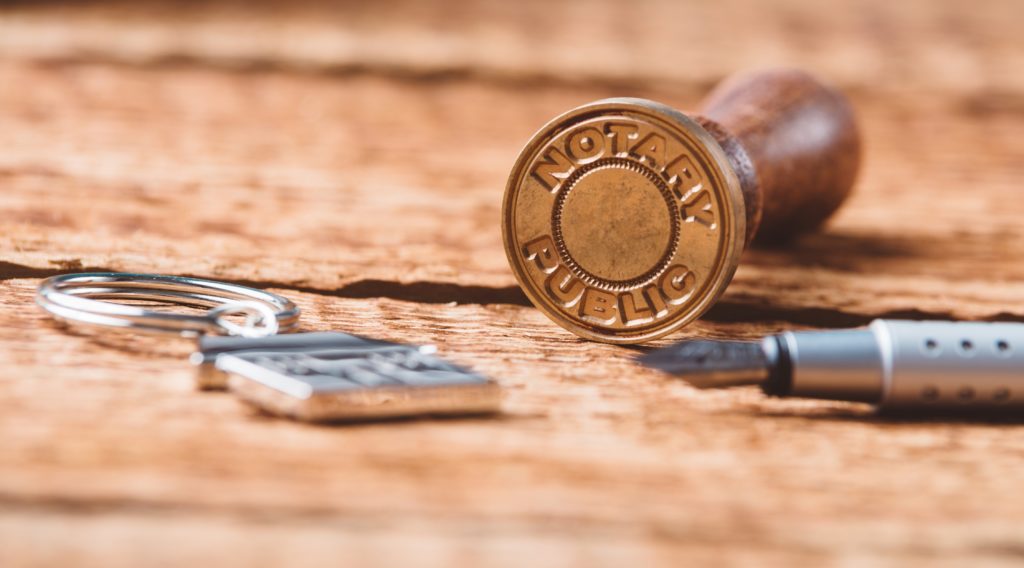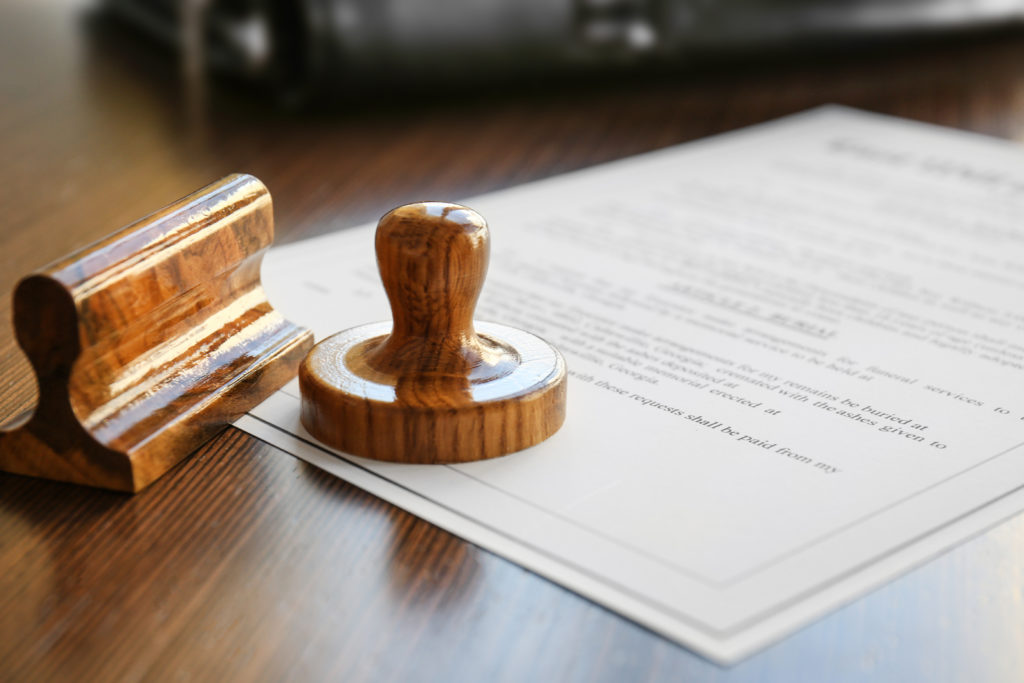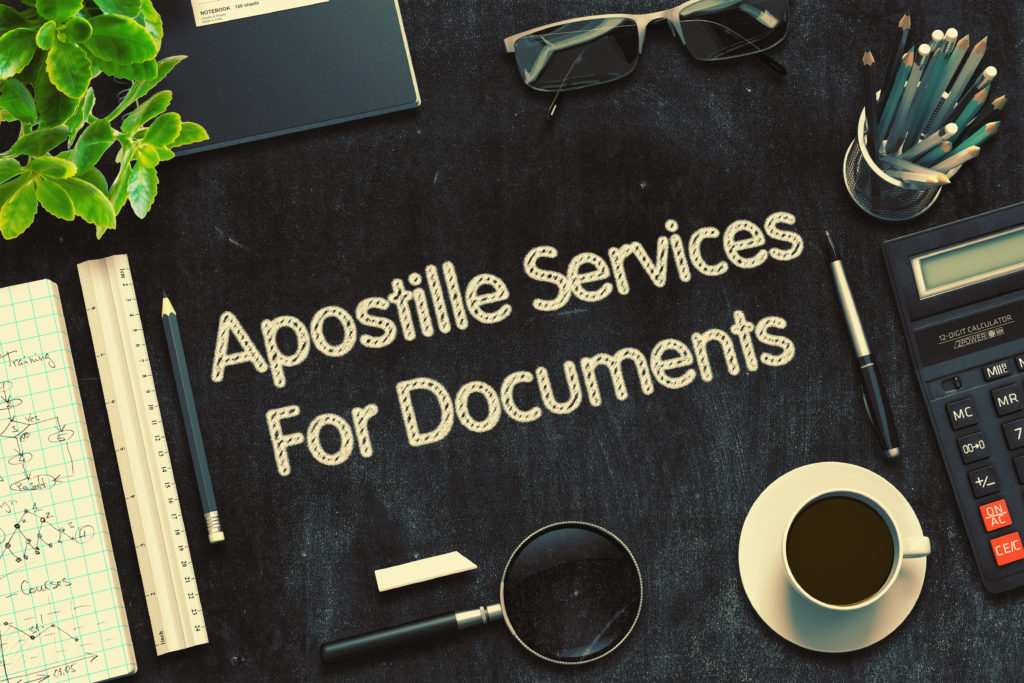As a professional notary, it’s important to have all the necessary supplies to ensure the legitimacy of legal documents you notarize. Notary supplies not only provide you with important tools to get the job done, but they also give clients confidence in your professionalism. In this article, we’ll cover both the must-have and additional supplies that every notary should consider keeping on hand.
Understanding the Importance of Notary Supplies
Notarization is the process by which a notary public certifies a document by adding their seal and signature. It’s essential for ensuring that documents are authentic and legally binding. A notary public is responsible for verifying the identity of all parties involved in the signing of a document. For this reason, notaries need specific supplies to complete these tasks accurately.
The Role of a Professional Notary
As a professional notary, your role is to verify the identity of signers and ensure the legitimacy of documents. You are also responsible for maintaining a record of all notarial acts you perform. In addition to being knowledgeable about the notarial process, you must have the right supplies to fulfill your duties.
One of the most important notary supplies is a notary seal. The seal is used to imprint a raised impression on the document being notarized and is a symbol of the notary’s official capacity. It is also a legal requirement in many states. Notary seals come in a variety of forms, including embossing seals, pre-inked stamps, and self-inking stamps. Each type of seal has its own advantages and disadvantages, so it’s important to choose the one that best fits your needs.
Another essential notary supply is a notary journal. The journal is used to record all notarial acts, including the date and time of the notarization, the type of document being notarized, and the identity of the signers. It is a legal requirement in many states and can serve as evidence in court if there are any disputes about the notarization.
Ensuring the Legitimacy of Documents
To ensure the legitimacy of a document, it must be signed in your presence. You will also need to verify each signer’s identity through proper identification documents such as a driver’s license or passport.
However, not all identification documents are created equal. Some states have specific requirements for acceptable forms of identification. For example, in California, a driver’s license or state-issued identification card is acceptable, but a passport is not. It’s important to familiarize yourself with the identification requirements in your state to ensure that you are notarizing documents correctly.
Another way to ensure the legitimacy of documents is to verify that they are complete and accurate. As a notary, you are not responsible for the content of the document, but you should review it to ensure that it is complete and that there are no blank spaces. If there are blank spaces, they should be crossed out or filled in with “N/A” to prevent any unauthorized additions to the document after it has been notarized.
In conclusion, notary supplies are essential tools for any professional notary. They include a notary seal, a notary journal, and proper identification documents. By using these supplies correctly, you can ensure the legitimacy of documents and protect yourself from liability.
Must-Have Notary Supplies
Notary Seal and Stamp
The notary seal and stamp are the most important tools that a notary public uses on a daily basis. The notary seal is a unique symbol that identifies the notary public and is used to authenticate their signature. It usually includes the name of the notary public, their commission number, and the state or county where they are authorized to notarize documents. A notary stamp, on the other hand, is a tool used to emboss the notary’s seal onto the document, making it official and legally binding.
It is important for notaries to keep their seal and stamp secure at all times to prevent unauthorized use. Notary seals and stamps can be purchased from office supply stores or online notary supply retailers. Notaries should also ensure that their seal and stamp meet all state-specific requirements.
Notary Journal
A notary journal is a record book where a notary keeps records of all notarial acts performed. This includes the date, time, and type of notarial act performed, as well as the names of the signers and any witnesses involved. Having a notary journal is not only a legal requirement but also good practice in case of any future disputes.
Notary journals can be purchased from office supply stores or online notary supply retailers. Notaries should ensure that their journal meets all state-specific requirements, including the number of pages and the format for entries. Notaries should also keep their journal in a secure location to prevent unauthorized access.
Notary Certificate Forms
Notary certificate forms are documents that notaries affix to the signed documents certifying that they witnessed the signatures. They include a notary public’s signature, seal, and commission expiration date. These certificates are typically used for more formal documents such as affidavits, deeds, and contracts.
Notary certificate forms can be purchased from office supply stores or online notary supply retailers. Notaries should ensure that their certificate forms meet all state-specific requirements, including the language used and the format for entries. Notaries should also keep a copy of each certificate form in their notary journal.
Notary Guidebook
A notary guidebook is a helpful reference tool that provides notaries with guidance on specific notarial acts, such as administering oaths or affirmations and certifying copy documents. It can also contain helpful information such as state-specific laws governing notarial acts.
Notary guidebooks can be purchased from office supply stores or online notary supply retailers. Notaries should ensure that their guidebook is up-to-date and includes the most recent changes to notary laws and regulations. Notaries should also keep their guidebook in a secure location to prevent unauthorized access.
Additional Notary Supplies for Convenience and Efficiency
As a notary public, it’s important to always be prepared with the necessary tools and supplies to perform your duties effectively. While the basic supplies such as a notary seal and journal are essential, there are other items that can make your job easier and more efficient. Here are a few additional notary supplies that you may want to consider:
Notary Carry Bag or Briefcase
When you’re on the go, it’s important to keep all your notary supplies safe and secure. A notary carry bag or briefcase is an essential tool for notaries who travel frequently. It can help you keep your notary seal, journal, and other supplies organized and easily accessible. Look for a bag or briefcase that is durable, lightweight, and has plenty of compartments to hold all your supplies.
Notary Acknowledgment and Jurat Stamps
Notary acknowledgment and jurat stamps are two of the most commonly used notary stamps. An acknowledgment stamp is used to certify that a person signing a document is doing so willingly and without coercion. A jurat stamp, on the other hand, is used when the signer is swearing to the truth of the statement or document. Having both types of stamps can save you time and effort when notarizing different documents. Make sure to choose high-quality stamps that are easy to use and produce clear, legible impressions.
Notary Public Signage
One of the best ways to let potential clients know that you offer notary services is to display notary public signage. This can be as simple as a sign on your office door or window, or a more elaborate banner that draws attention to your services. Notary public signage can help you attract new clients and build your business.
Thumbprint Pad
While not required by law, a thumbprint pad can be a useful tool for notaries who want an extra layer of security when verifying a signer’s identity. A thumbprint can be kept on file in case of any future disputes or legal challenges. Look for a thumbprint pad that is easy to use and produces clear, legible prints.
By investing in these additional notary supplies, you can make your job easier and more efficient, while also providing your clients with a higher level of service and security.
Tips for Maintaining and Organizing Your Notary Supplies
Regularly Inspecting and Updating Supplies
As a professional notary, it’s important to regularly inspect and update your supplies. Notary seals and stamps should be replaced before they expire, and expired supplies should be properly disposed of to prevent accidental use. Keeping an inventory of your supplies can help you stay on top of what needs to be replaced or restocked.
It’s also important to keep an eye on the quality of your supplies. Over time, notary seals and stamps can become worn or damaged, which can affect the quality of the impression they make on documents. By regularly inspecting your supplies, you can ensure that they are in good working order and that you are providing your clients with high-quality notarizations.
Keeping an Inventory of Supplies
Keeping track of your supplies can help you avoid running out of important items when you need them most. Take stock of your supplies on a regular basis, and reorder items before they run out to avoid delays in notarizing documents.
When keeping an inventory, it’s important to include not just your notary seals and stamps, but also any other supplies you use on a regular basis, such as pens, paper, and ink. By keeping a well-stocked inventory, you can ensure that you are always prepared to notarize documents for your clients.
Storing Supplies Securely
Notary supplies are valuable and must be kept secure at all times. Invest in a lockable storage container or cabinet to keep your supplies safe and secure. Keep your notary journal in a separate, secured location to ensure that it’s protected from prying eyes.
When choosing a storage container or cabinet, look for one that is made of sturdy materials and has a reliable locking mechanism. You may also want to consider a container or cabinet that is fireproof and waterproof, to protect your supplies in case of a disaster.
In addition to keeping your supplies secure, it’s also important to keep them organized. Use dividers or containers to separate your different supplies and keep them easily accessible. By keeping your supplies organized, you can save time and avoid the frustration of searching for a specific item when you need it.
By following these tips for maintaining and organizing your notary supplies, you can ensure that you are always prepared to provide your clients with high-quality notarizations.
Conclusion
As a professional notary, having the right supplies is critical to providing accurate and reliable notary services. Notary seals and stamps, notary journals, and certificate forms are must-have supplies. Additional supplies such as a notary carry bag, acknowledgment and jurat stamps, and a thumbprint pad can make a notary’s job more efficient and convenient. Keeping your supplies organized and secure is also essential. By following these tips, you can ensure that you have all the necessary supplies and that your notary services are professional and reliable.




